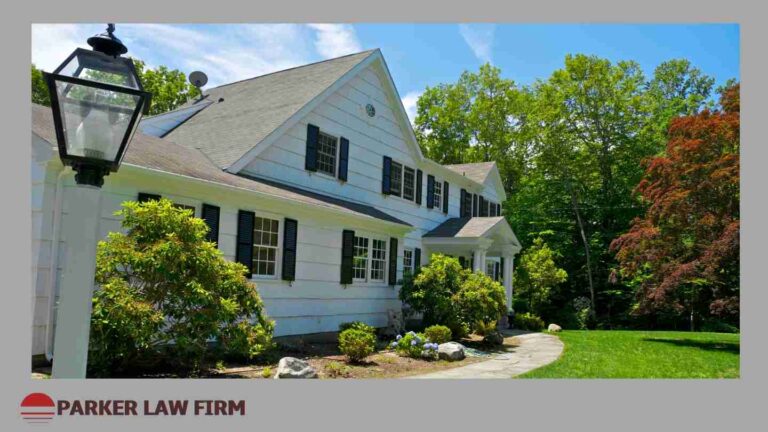

Reverse Mortgage - A loan of last resort for many years has gotten an upgrade. Stories of borrowers who faced foreclosure and surviving spouses evicted from their own homes are decreasing, as the new reverse mortgage often does what they were originally intended to do: provide financial help for retired homeowners who want to stay in their homes.
Home equity conversion mortgages (HECMs) are insured by the Federal Housing Administration and overseen by the Department of Housing and Urban development, explains a recent article from The Wall Street Journal titled “The New Math of Reverse Mortgages for Retirees.” There are limits on how much borrowers can take, so seniors don’t have the option to take wildly inappropriate large lump sums. There are protections from defaults if the house value sinks to less than the loan amount and provisions to protect a surviving spouse’s right to stay in the home after the death of the borrower.
HECMs are a tiny part of the financing options available to seniors who need to take equity from their homes in later years. Some downsides to the reverse mortgage remain, particularly the high upfront fees. However, the reverse mortgage burden is mainly on heirs, who will not inherit the equity or the home, unless they want to pay back the loan.
For seniors who are concerned about outliving their savings and want to stay at home until the very end of life, a reverse mortgage may be a worthwhile strategy. The cash can be a way to pay for long-term care and other unexpected expenses.
Another benefit: disbursed funds aren’t taxed, since they are considered a loan advance. Distributions from traditional IRAs and 401(k)s are taxed as ordinary income.
According to a trade association, HECMs make up 95% of the reverse mortgage market. There are about 580,000 totaling about $113.5 billion. However, a 2019 study from the Brookings Institute found less than 2% of homeowners age 62 and older hold a reverse mortgage of any kind.
A simplified version of how it works: to qualify for an HECM, borrowers must be age 62 and older, owners and occupants of the home and have the financial ability to maintain the home, including paying property taxes, insurance, and if relevant, homeowner association fees.
HECMs must be obtained through an approved FHA-approved lender and borrowers must buy FHA mortgage insurance and attend an information session with an HUD-counselor. The amount to borrow is determined by the appraised property value, how much is owed on the primary mortgage, the borrower’s age and current interest rates.
The borrower has an option of a payment plan with an adjustable interest rate or a fixed rate. If they choose the fixed rate, they must take the lump-sum disbursement option. This decision may have an impact on eligibility for government benefits, so it needs to be discussed with an elder law attorney.
For the adjustable interest rate, disbursements are made at will and the untouched amount can continue to grow at the variable interest rate. The loan is received as a line of credit, letting the borrower take distributions as needed or as “tenure,” monthly payments for the life of the loan. Other options include monthly payments for another specified term or a combination of these options. Depending on the loan, the recipient can change their payment plan to other options at any time, as long as funds are available.
The risk to the lump-sum payment is simple. In the past, seniors took out lump-sum payments, spent the money quickly and then were without funds to pay household expenses, like insurance and property tax.
Today’s HECM attempts to reduce this risk by limiting the amount to be borrowed. The FHA also performs assessments of loan applicants. Ultimately, the homeowner must use the funds well and wisely to serve their intended purpose.
Reference: The Wall Street Journal (June 3, 2022) “The New Math of Reverse Mortgages for Retirees”
The 15 minute initial phone call is designed as a simple way for you to get to know us, and for our team to learn more about your unique estate planning needs.

222 Bloomingdale Rd #301,
White Plains, NY 10605
120 North Main Street, Suite 203,
New City, NY 10956
